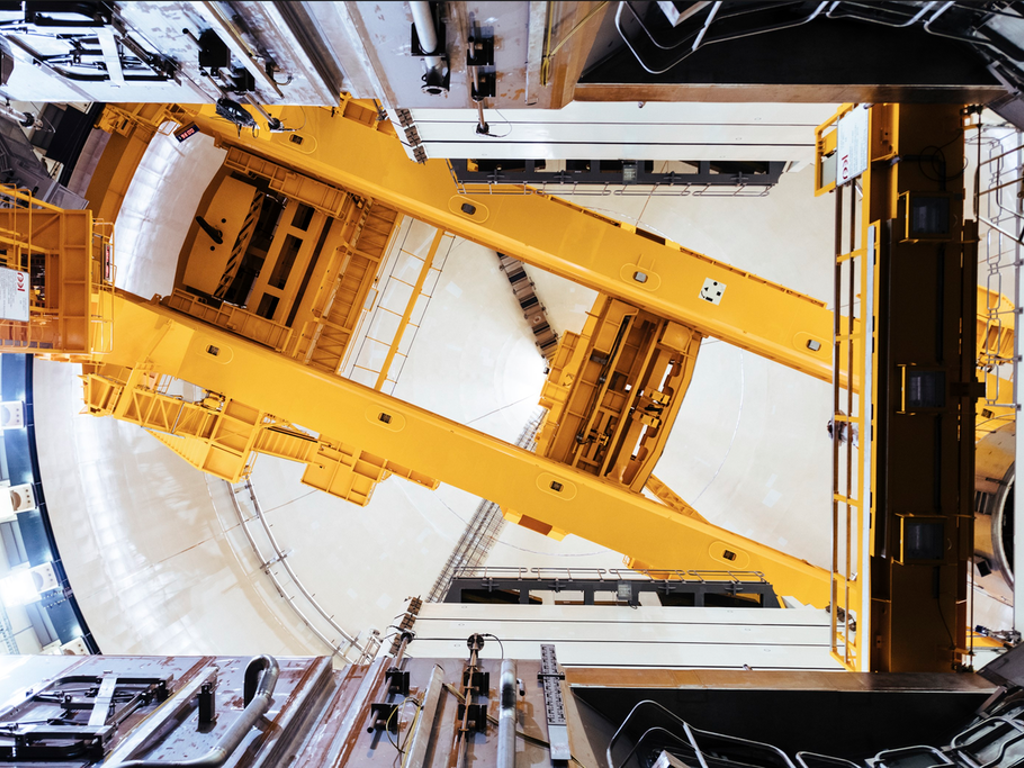Studies by NRG PALLAS and TNO provide insight into the role of nuclear energy in the energy system
NRG PALLAS, together with TNO, has conducted a study on the impact of nuclear energy on the energy system, the energy market, and the nuclear infrastructure. This research is part of a broader report prepared by TNO on behalf of the Ministry of Climate and Green Growth (KGG). The conclusion: nuclear energy can contribute to a future sustainable energy system in the Netherlands.
Additional production capacity pays off
The study “Integration of nuclear energy in the energy system” shows that adding 6 GW from large nuclear power plants to a system where electricity is mainly generated by solar and wind energy can support further electrification of the energy system. According to the study, this reduces overall system costs by approximately 1.5%. Small Modular Reactors (SMRs) also contribute to cost reduction, partly by supplying industrial heat.
Nuclear energy can ramp up and down
Nuclear energy helps stabilize electricity prices by reducing extreme peaks and dips. The study emphasizes that this is especially true when nuclear power plants can ramp up or down to complement the variable production of renewable energy sources. The joint study by NRG PALLAS and TNO demonstrates that such flexibility (load-following) is technically feasible.
More nuclear energy increases demand for fuel and radioactive waste storage capacity
NRG PALLAS examined the implications of expanding nuclear capacity for the Dutch nuclear infrastructure, including an analysis of the fuel cycle. An increase in nuclear energy capacity will raise both the demand for nuclear fuel (the reactors’ energy source) and the need for radioactive waste management. Temporary above-ground storage capacity for high-level radioactive waste and depleted uranium will need to expand accordingly. All scenarios studied were found to be technically feasible, provided that timely investments are made in nuclear infrastructure.
Nuclear energy results in net cost savings for the energy system
The TNO study compares energy systems with and without nuclear energy, both generating the same amount of electricity. From the perspective of the electricity market, the study concludes that integrating nuclear energy into the energy mix lowers average electricity prices. The difference in annual system costs in 2050 ranges from 0.01% to 0.04%. While total costs are comparable, expenditures shift within the energy system. Nuclear energy increases spending in the electricity system but reduces costs elsewhere, such as energy consumption in buildings. Overall, an energy system with nuclear energy yields a modest net cost saving.
- pdf TNO RAPPORT 2025 Download 'TNO RAPPORT 2025' als pdf bestand

